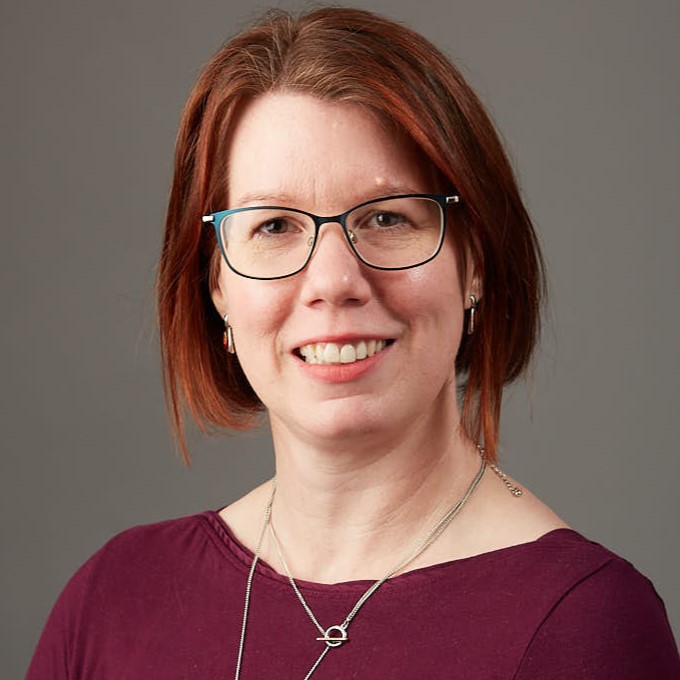4 mins read

Related topics
In our ‘meet the people’ series, UKAS looks at the people behind the UK’s accreditation body. Today we meet Alyson Bryant, Accreditation Specialist for the Healthcare Section.
Meet Alyson Bryant, an Accreditation Specialist with a background in biomedical science.
What does your job at UKAS involve?
It’s a relatively new role for UKAS and multifaceted, ranging from training and supporting our Healthcare Assessment Managers and technical assessors through to stakeholder engagement with key organisations such as the Institute of Biomedical Science and Royal College of Pathologists, as well as participating in ISO (International Organisation for Standardisation) and EA (European Accreditation) Healthcare Committees. A major project since I started the role in 2021 has been working on the transition of the ISO 15189:22 standard. I really enjoy the variety of the role and the fact that no two days are the same.
Is this your first role with UKAS?
It’s actually my third role since I joined UKAS eight years ago after attending a roadshow and liking the idea of using my experience in laboratory quality management to move into the world of accreditation. I started as an Assessment Manager for ISO 15189:2012 and after a few years became a Senior Assessment Manager.
How did you get into this field of science?
I took a degree in Biomedical Science at Sheffield University and then fell into a role as a trainee biomedical scientist in my local NHS lab after I graduated. This set me on the path of working in NHS laboratories for 15 years, first in Sheffield and then in Swindon, Wiltshire. I worked my way up to become a cellular pathology laboratory manager, with a particular interest in quality management to make sure that we maintained the highest standards for patients.
What’s been the most challenging time in your career?
The pandemic had a major impact on the Healthcare Sector as we were at the forefront of accrediting both NHS laboratories and private laboratories processing COVID-19 tests. For the first time, the Government made accreditation of private laboratories mandatory and we opened up a scheme expecting 60 applications and received 500.
It was a really challenging time and we also had to set up a lot of new processes, such as carrying out assessments remotely using video links. For me, the expansion of our service offering also involved my first dip into stakeholder engagement, working with the Department for Health and Social Care and Public Health England.
What are you most proud of
Supporting so many labs in navigating their way through ISO 15189 accreditation that has improved services for so many patients. Also witnessing how lab services have improved over the years and seeing labs start to understand the benefit of accreditation, rather than viewing the assessment as a burden to be tolerated, has been fantastic.
I’m also grateful to have been recognised at the UKAS conference in April 2023, both with the Accreditation Director’s Award for Technical Excellence and as a member of the Healthcare Section that was announced as joint winners of the Best Team award.
It was a complete surprise to be announced as the winner of the technical excellence award and I couldn’t have achieved this without the support of the whole team. We have come through a tough and very busy few years and it was rewarding to get this recognition from UKAS colleagues.
How do you relax in your spare time?
I like to keep fit and have taken part in parkrun for around 10 years, often comparing times with extended family members who also enjoy running. Yoga is another interest and I also enjoy reading and am a member of a couple of book groups.
I live with my husband Chris in a market town in Wiltshire and we enjoy travelling when we have the chance. Favourite spots in the UK include the Scottish islands and for overseas trips we love exploring places such as Botswana and Namibia in Africa where we can get close to wildlife.